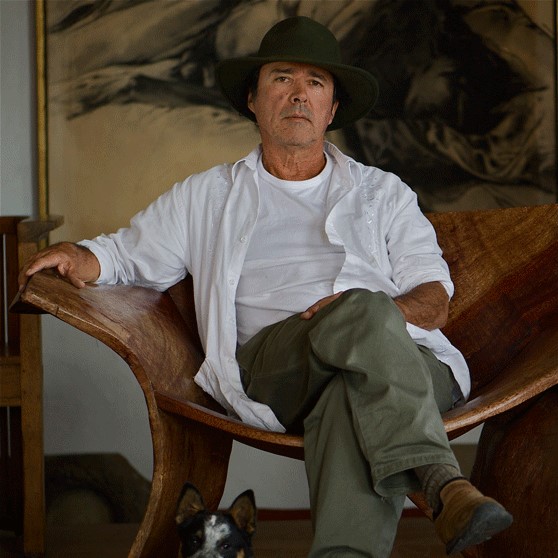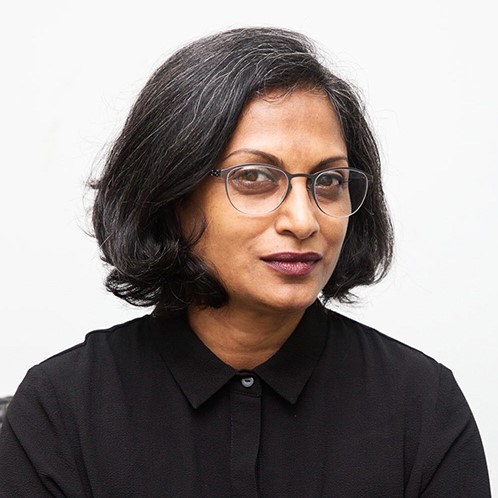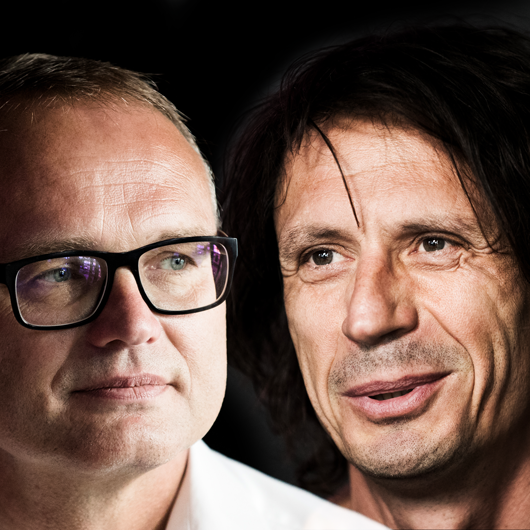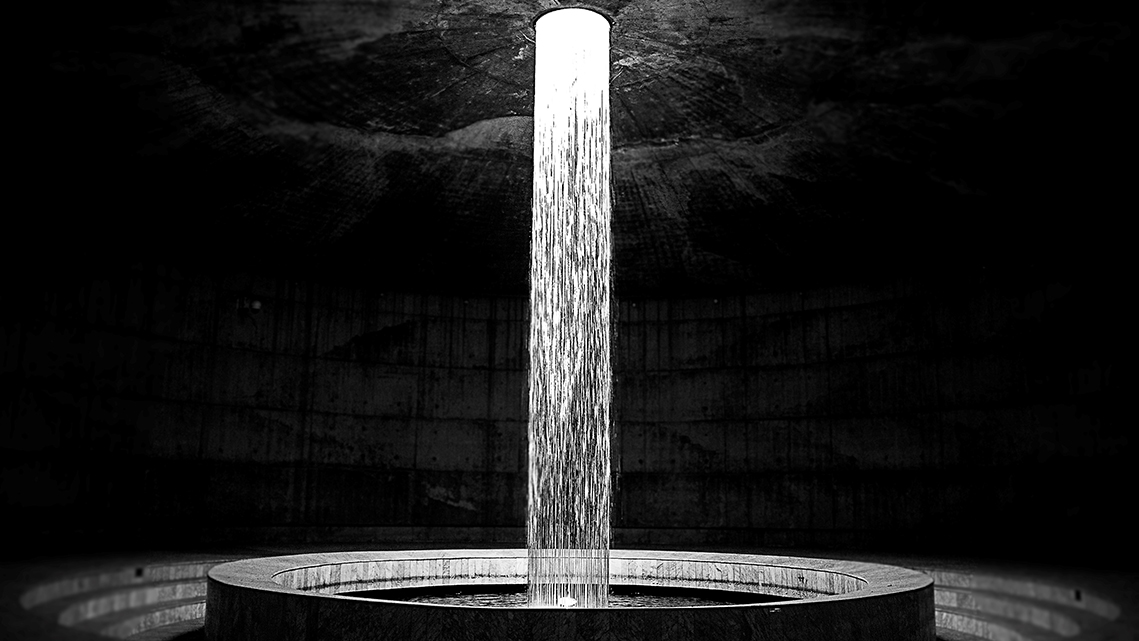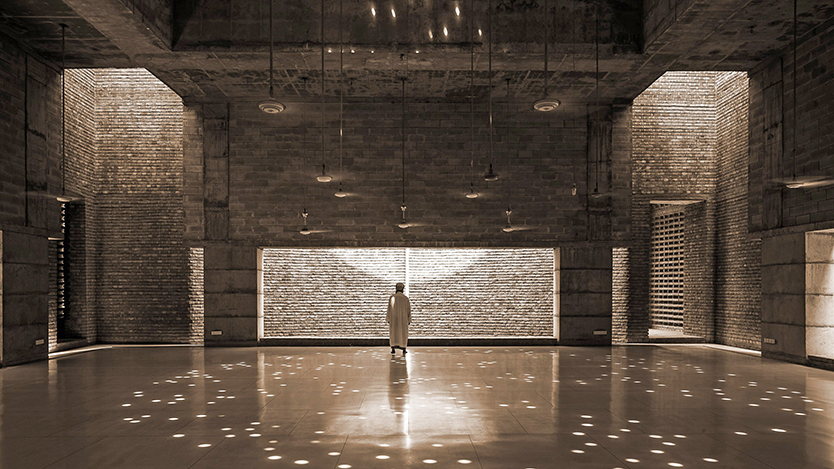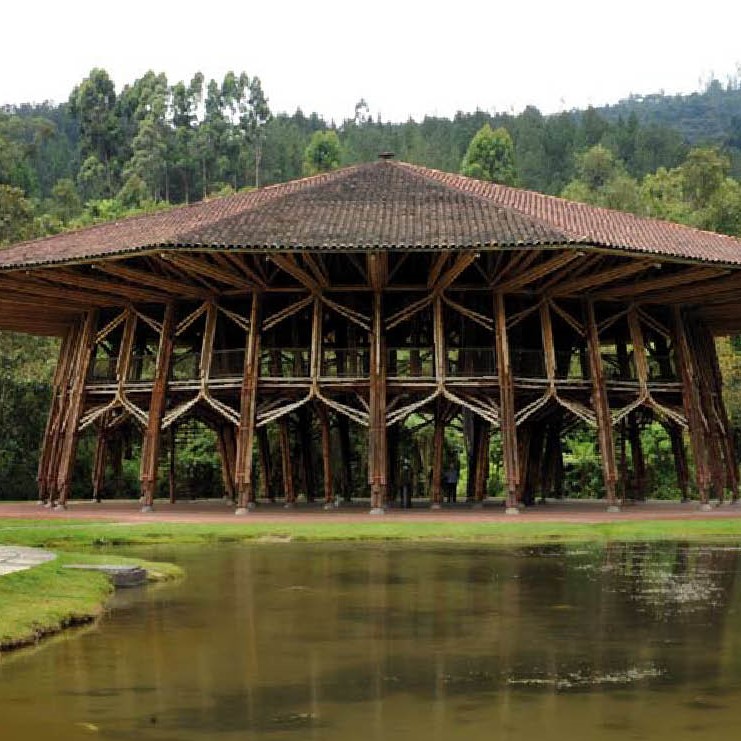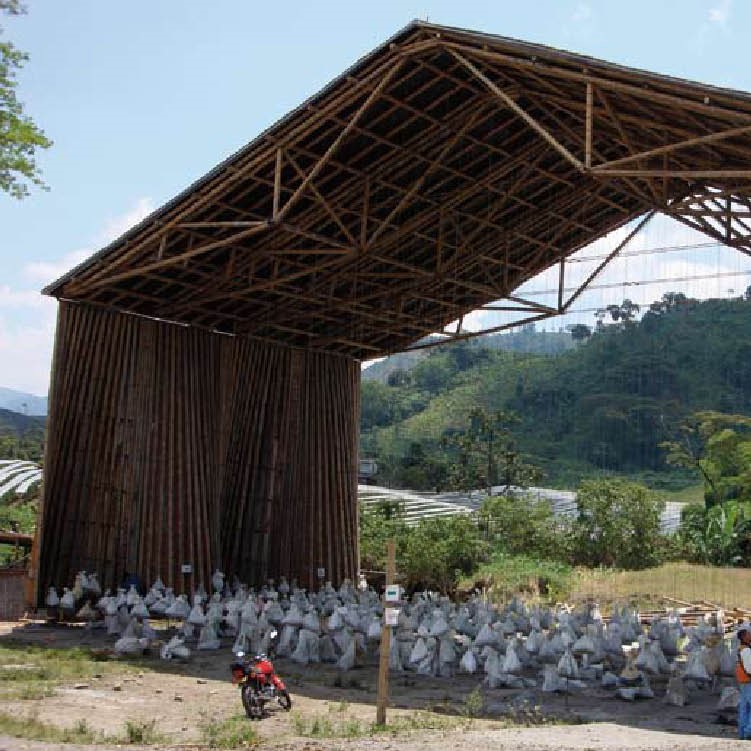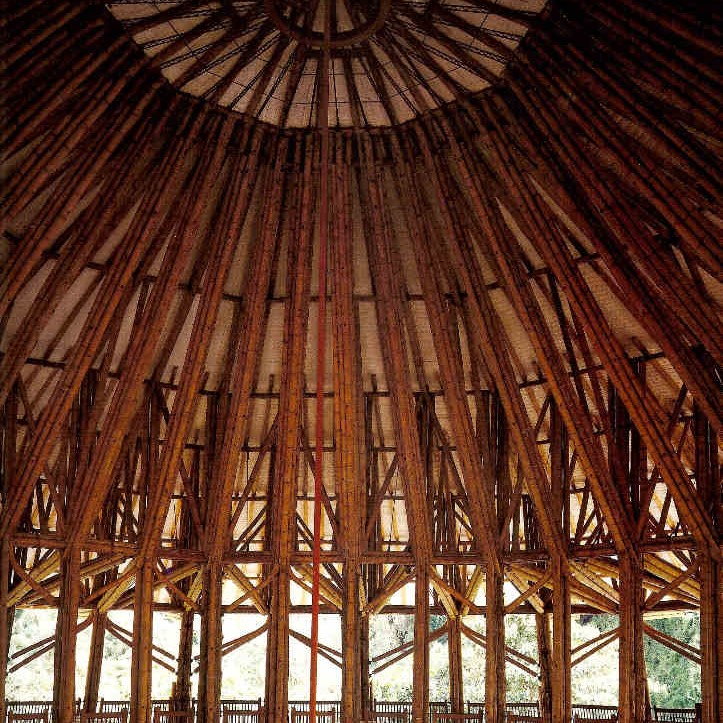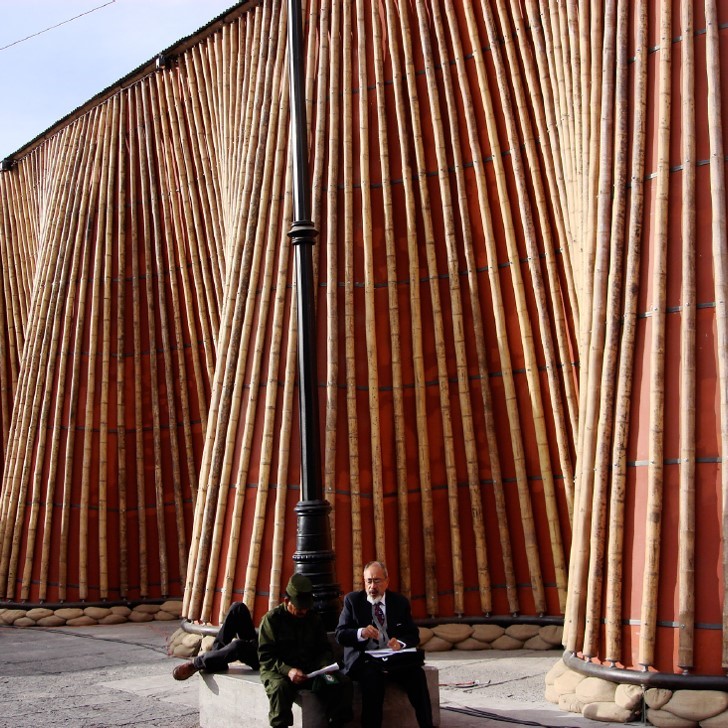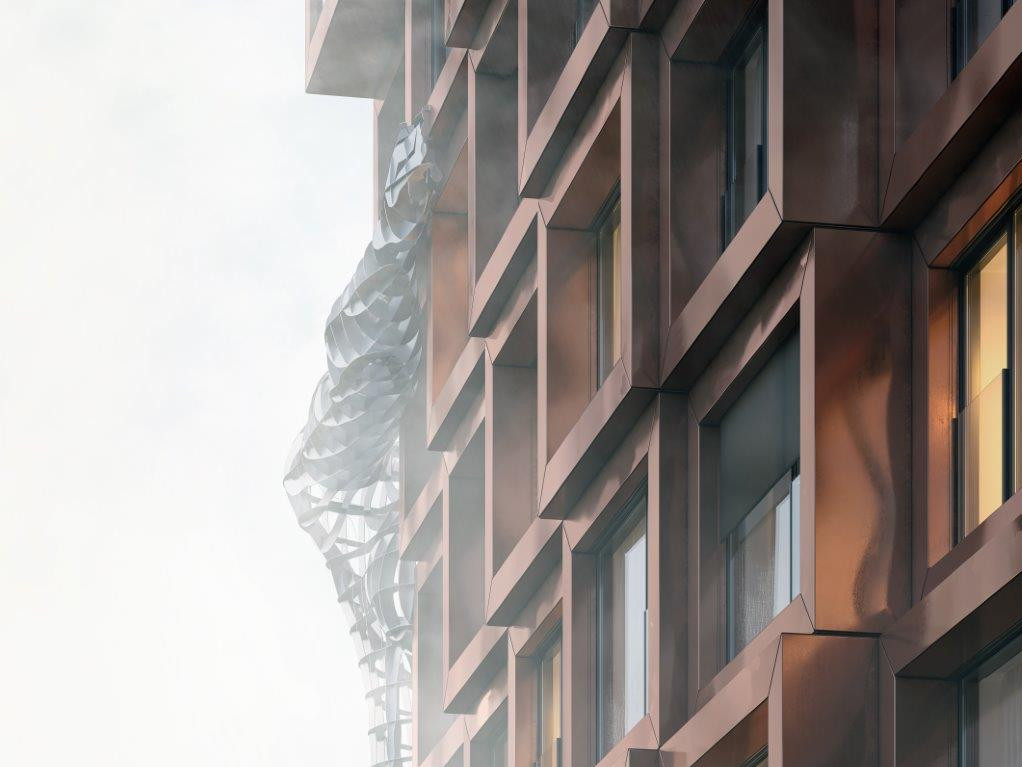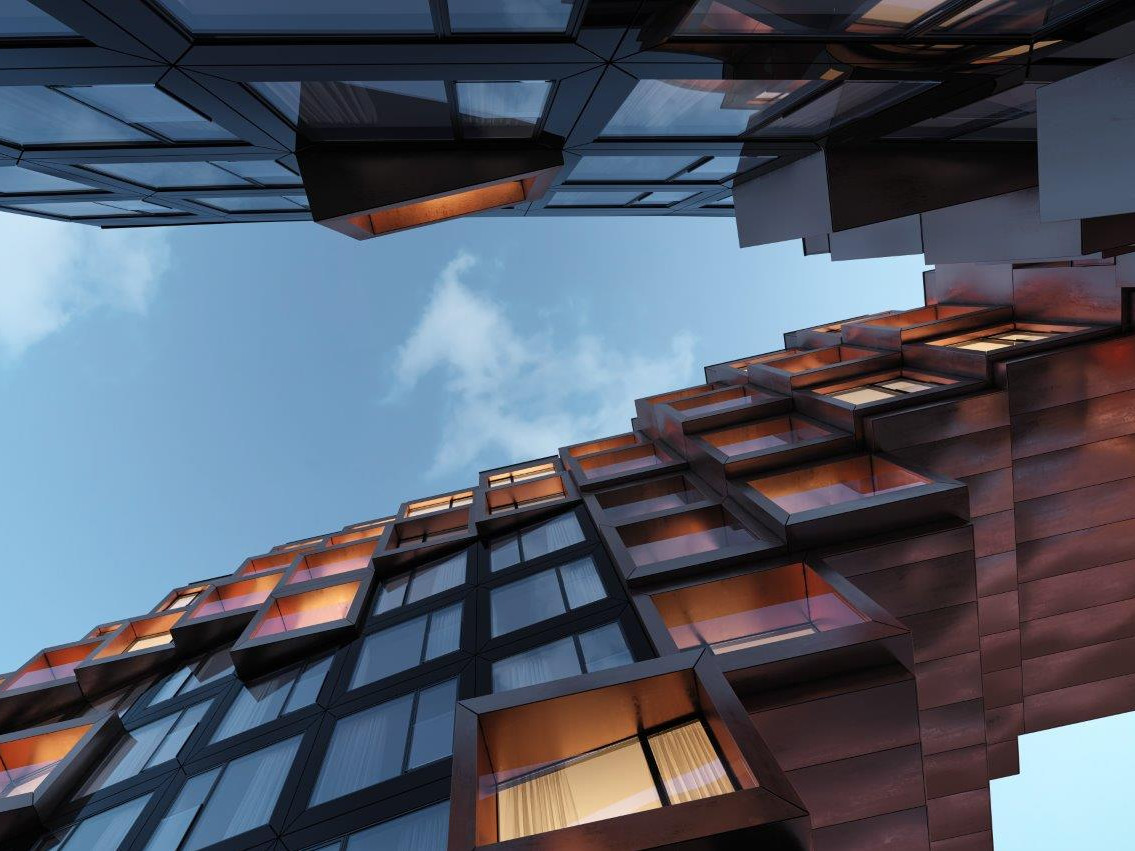Keynote: Marina Tabassum | MTA
Bangladesh | Dhaka
Lecture: "Architecture Beyond Archtecture"
Marina Tabassum was born in 1969 in Dhaka, Bangladesh and studied architecture at the Bangladesh University of Engineering and Technology, where she graduated with distinction in 1995. She gained her first professional experience in the office of Uttam Kumar Saha, Nandan Architects. It was during this time that she developed her attitude of wanting to pursue a more sustainable concept of architecture. In 1995, Tabassum co-founded Urbana Architecture in Dhaka with Kashef Chowdhury where she was partner for 10 years. In 2005, she ended the partnership and founded her own practice, Marina Tabassum Architects.
As a visiting professor, Tabassum has taught at Harvard University Graduate School of Design, the University of Texas, BRAC University in Dhaka and TU Delft. Since 2015, she has headed the Academic Programme of the Bengal Institute for Architecture, Landscapes and Settlements. In 2017, while teaching at Harvard, she worked with students and local artisans to develop houses for residents of the Ganges Delta, which is subject to frequent flooding, each costing just $2,000. In 2018, she was part of the exhibition "Freespace" at the Architketurbiennale in Venice." In 2020 Technical University of Munich conferred her with an Honorary Doctorate for her contribution in architecture practice, research and academics.
Tabassum was listed among the top ten thinkers of the world in 2020 by the Prospect Magazine UK. She won the Jameel Prize in 2018 and was awarded the Aga Khan Award for Architecture in 2016 for designing the Baitur Rauf Jame Mosque in Dhaka, which was realised on a minimal budget over a period of twelve years and completed in 2012.
Visit the website: mtarchitekts.com
